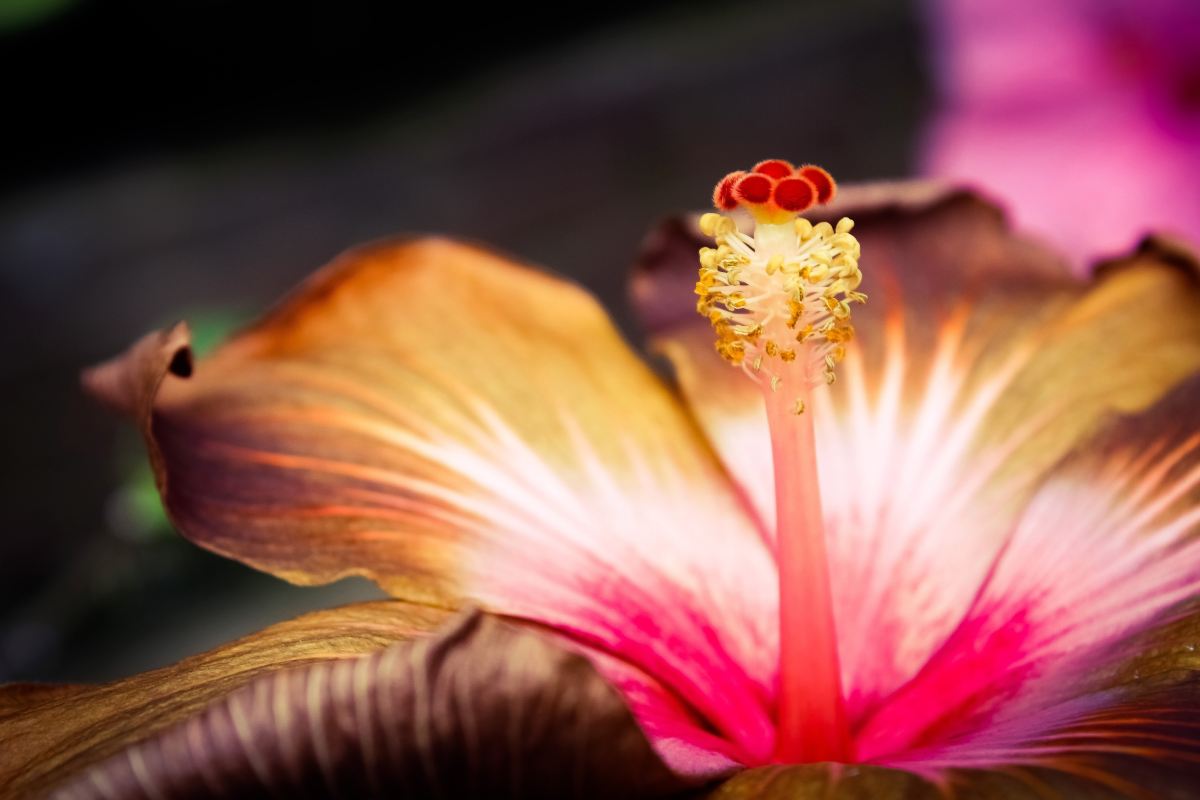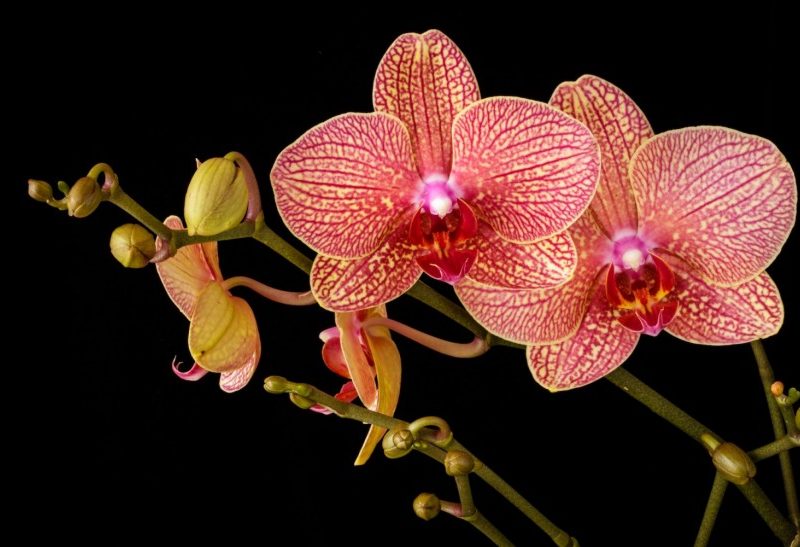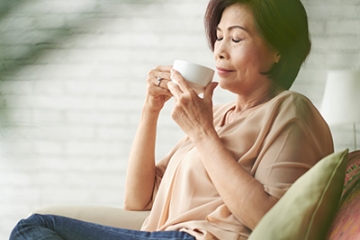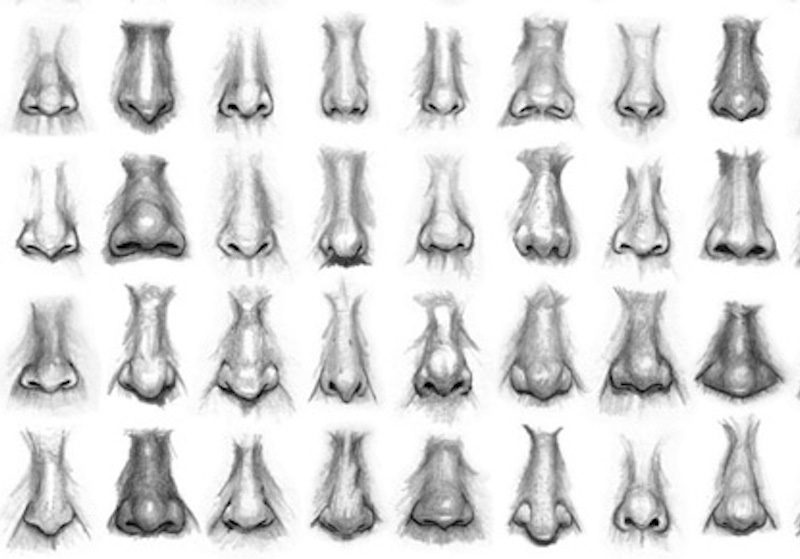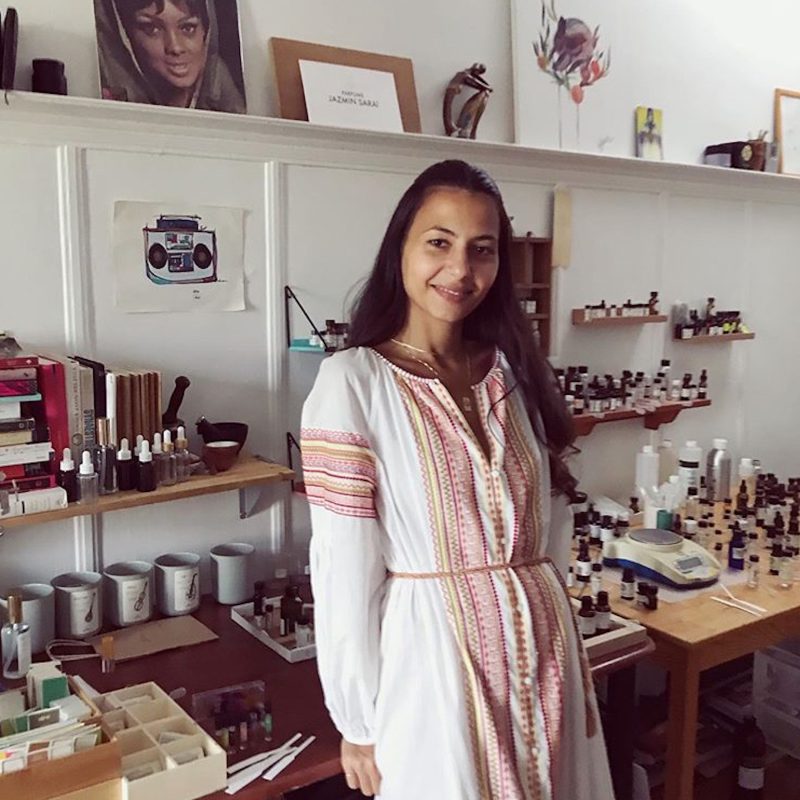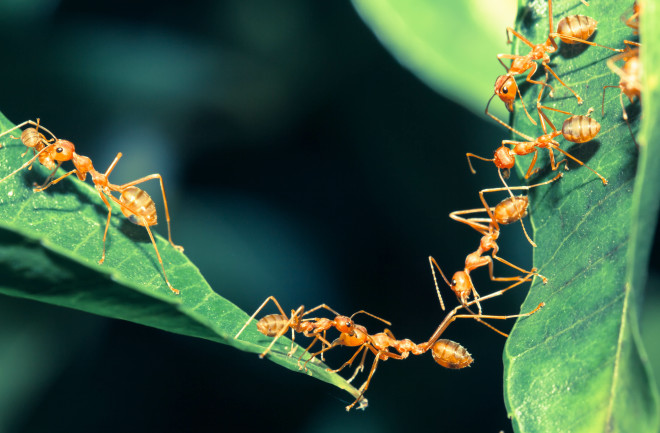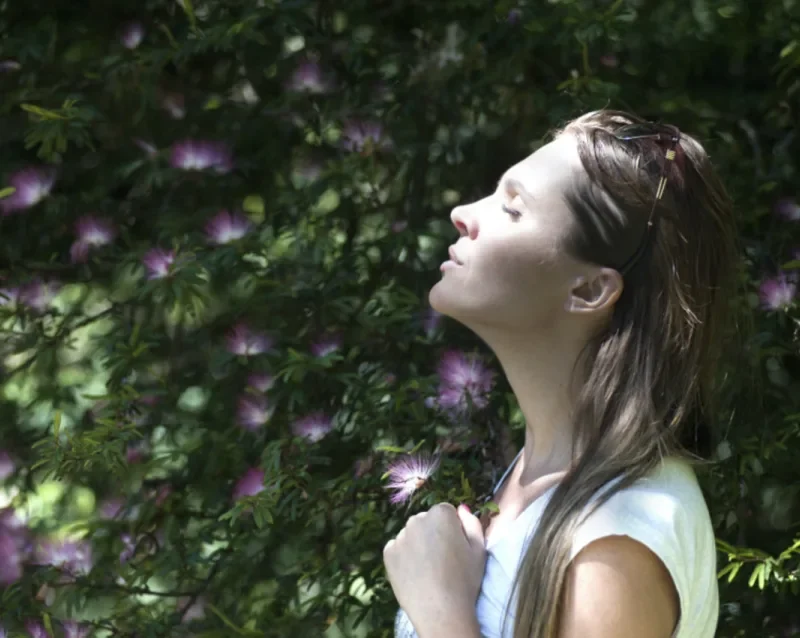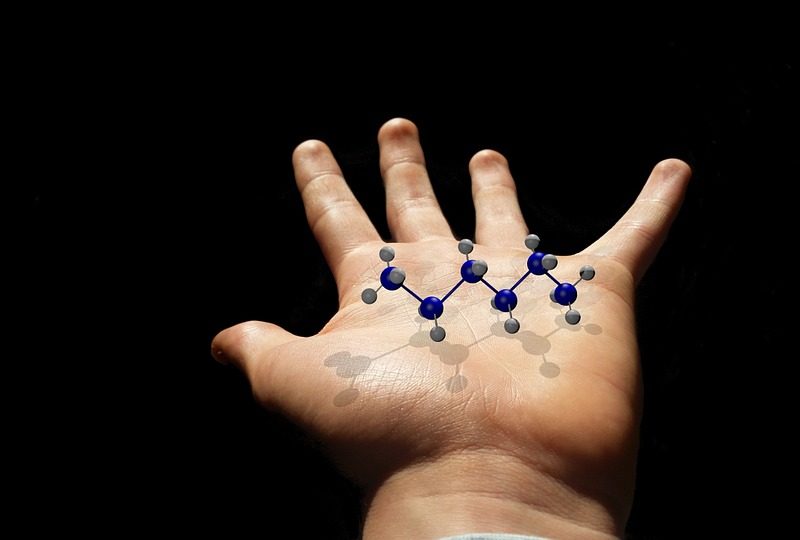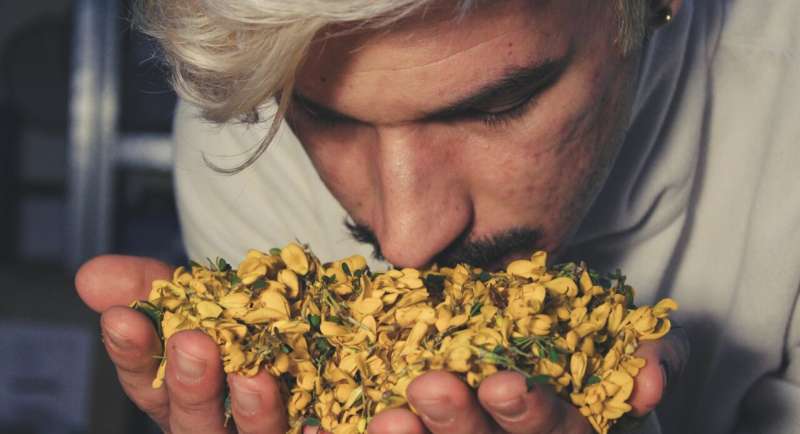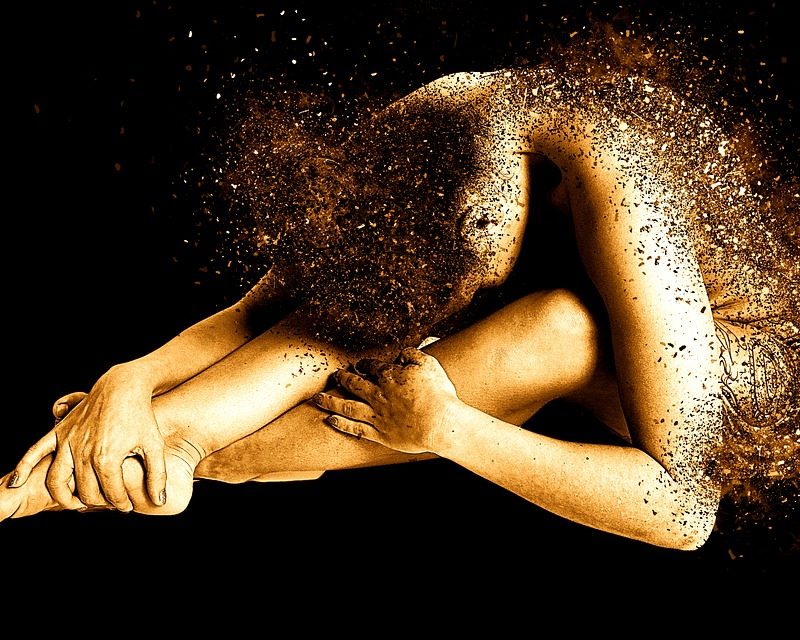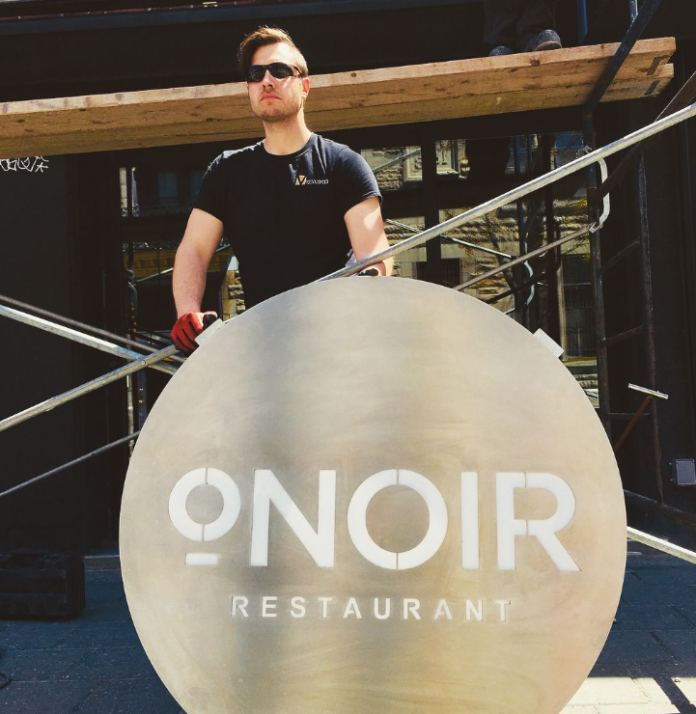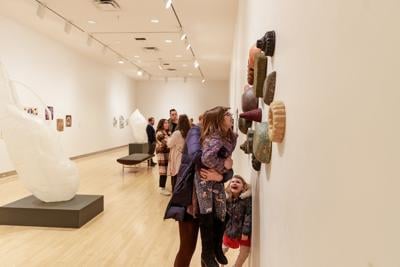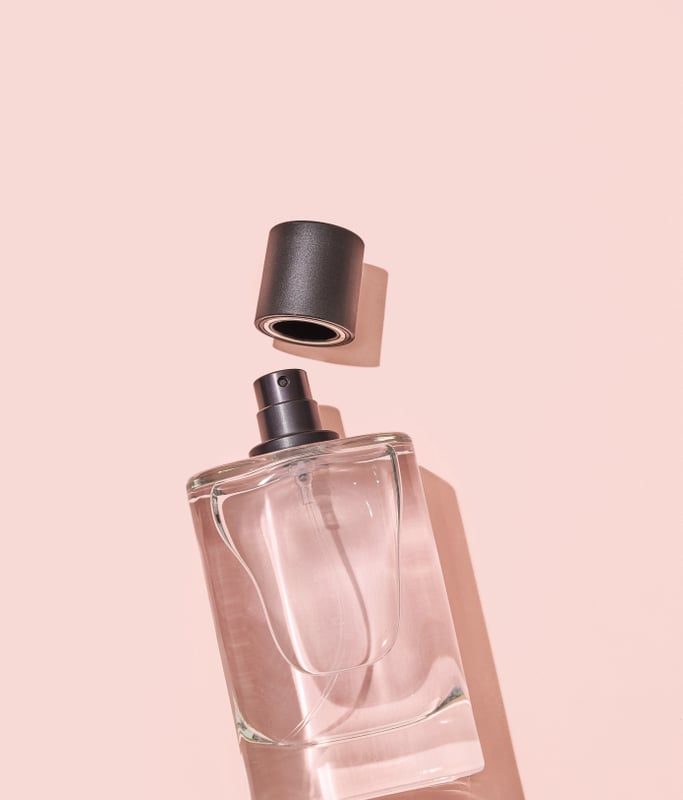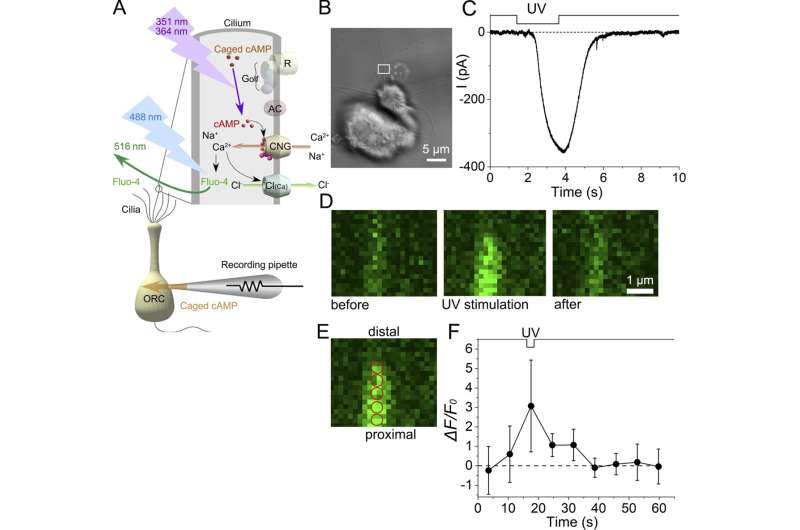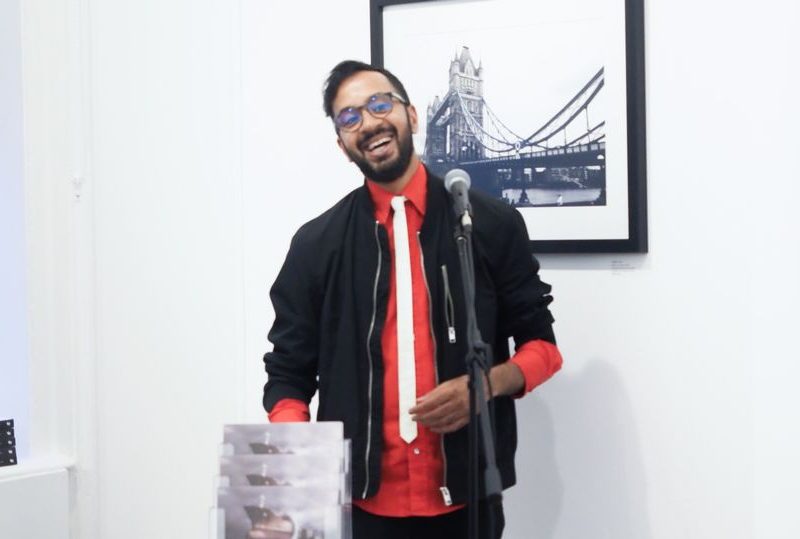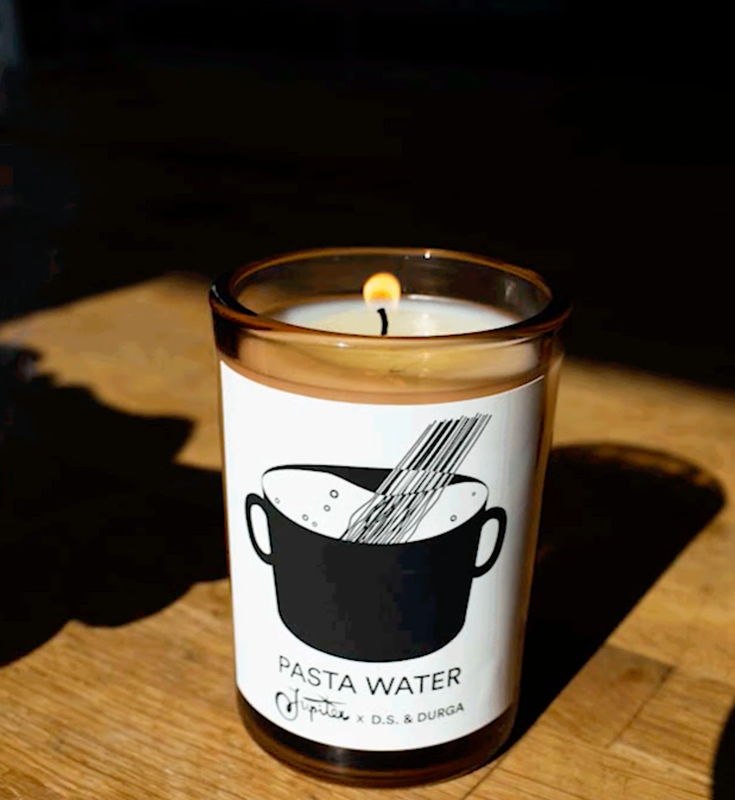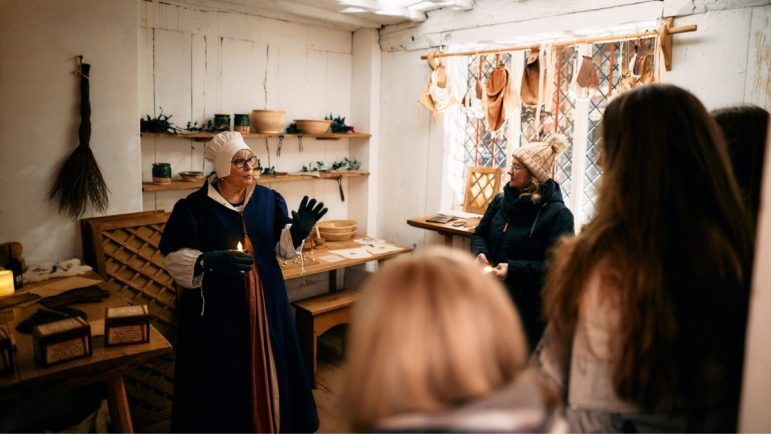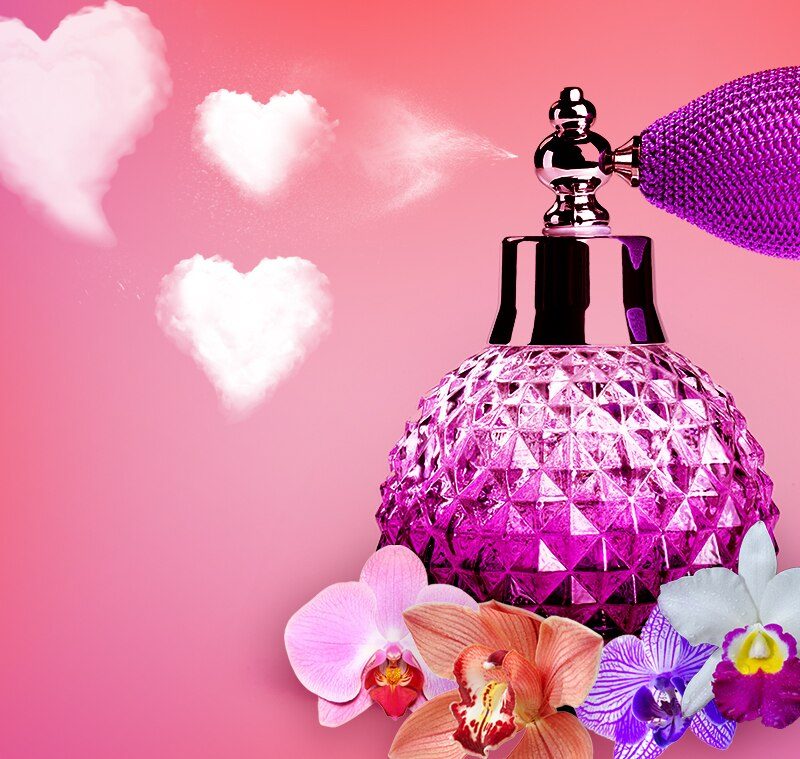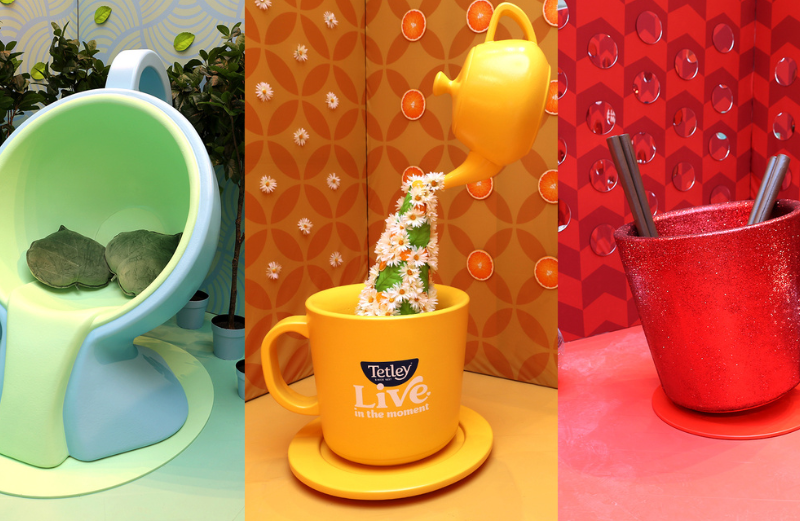Around the world, at every moment of the day, a debilitating anxiety attack disrupts someone’s daily life.
Anxiety disorders affect an astonishing 6.7 per cent of the UK population. Right now, the only recourse available to a sufferer is to take heavy medication. These meds are often taken too late to avert an attack – and in any case, can have debilitating side effects of their own.
Hope is in sight. Clinical studies have shown that essential oils, and certain odours can influence mood states, including anxiety, even when people are unaware of it happening. Lavender and orange are known to be effective for many people suffering from stress. In my own case – as someone who has long lived with anxiety and bipolar affective disorder – I find neroli particularly useful; it combats a form of stress that is known to be a bipolar trigger.
The problem is that this positive reaction is often delayed. My citrussy moment of calm rarely happens at the right moment to have a timely impact on my state of mind.
In search of a solution, I asked myself this question: What if a sensor on my body could detect the physical signs of an imminent attack – even before I knew about it consciously? What if these signals could trigger a device that dispensed a personalised microdose of an aroma that would calm me down before the attack took hold?
After researching in this space for over twenty years – as a designer, academic and entrepreneur – and developing various prototypes of such a wellness-enhancing, wearable system, I’ve invented and patented an intelligent way of dispensing fragrances that is fully personalised and ‘bio-synchronised’ to my physical-emotional state.
The system, which I’ve named eScent, diffuses a localised bubble of scent when ‘smart sensors’ – embedded with Artificial Intelligence – detect incipient increases in stress and other physical parameters. Early-warning indicators include changes in my voice and personal body odour.
The tech part of eScent is a liquid delivery platform with wide-ranging applications for “context-driven fragrances”– but once it is fully developed into a product it will look like, and be worn, in a garment button, or as jewellery.
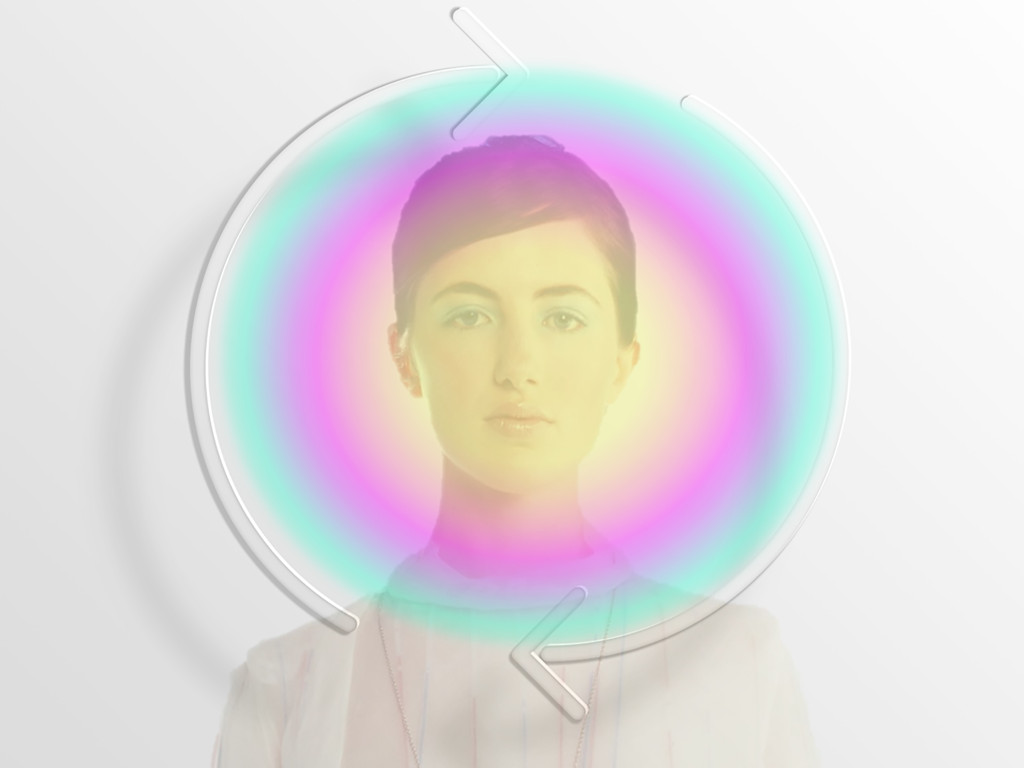
eScent is about old knowledge enhanced by new technology. The roots of aromatherapy can be traced back over 3,500 years when the therapeutic and medicinal properties of essential oils were first recorded. In pre-modern times, our ancestors relied greatly on a range of senses that today we underuse. Back then, our sensitivity to tiny changes in sound, smell, light and touch warned us of dangers to avoid or alerted us to foods we could eat. Our multi-sensory mastery did not just connect us to the environment around us, it kept us healthy. It kept us alive.
Today, when we rely so much on sight, mental reasoning, and mediated information, our connection to the natural world is impoverished. The global fragrance industry has demonstrated that fragrances can affect mood, boost productivity, change physiology, aid sleep, retrieve autobiographical memories and modify human behaviour on an instinctive and subconscious level. Clinical studies have shown that certain odours can influence people’s cognition even when they are not consciously aware of it. But the therapeutic benefits of aromas have received less attention.
Some mainstream scientists remain sceptical of the therapeutic benefits of aromatherapy – but I’m on a mission: help them appreciate the fantastic opportunity that’s within our grasp. We can help millions of people, using natural resources that have stood the test of time but hugely enhanced by modern technology. I’m also on a mission to change attitudes to mental health with my Sensory Fashion research. As a start, through my Churchill Fellowship and now as a member of the global Transformative Technology community, I’ve decided to describe my own personal transformation in a candid way. On a larger scale, just as fashion played a huge role in changing public perceptions of HIV and AIDS, I’m convinced that my wearable closed-loop aromatherapy system, and widespread conversations about it, will reduce the stigma attached to mental distress.
I’m so confident in this approach that I’m establishing a development consortium Stigma.Style – and as we approach World Mental Health Day, I’m keen to hear from partners, campaigners, designers and investors to join me on this journey.
Jenny

